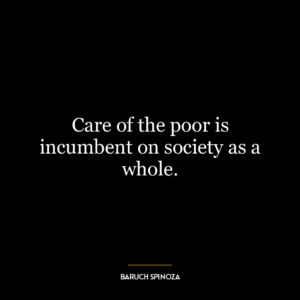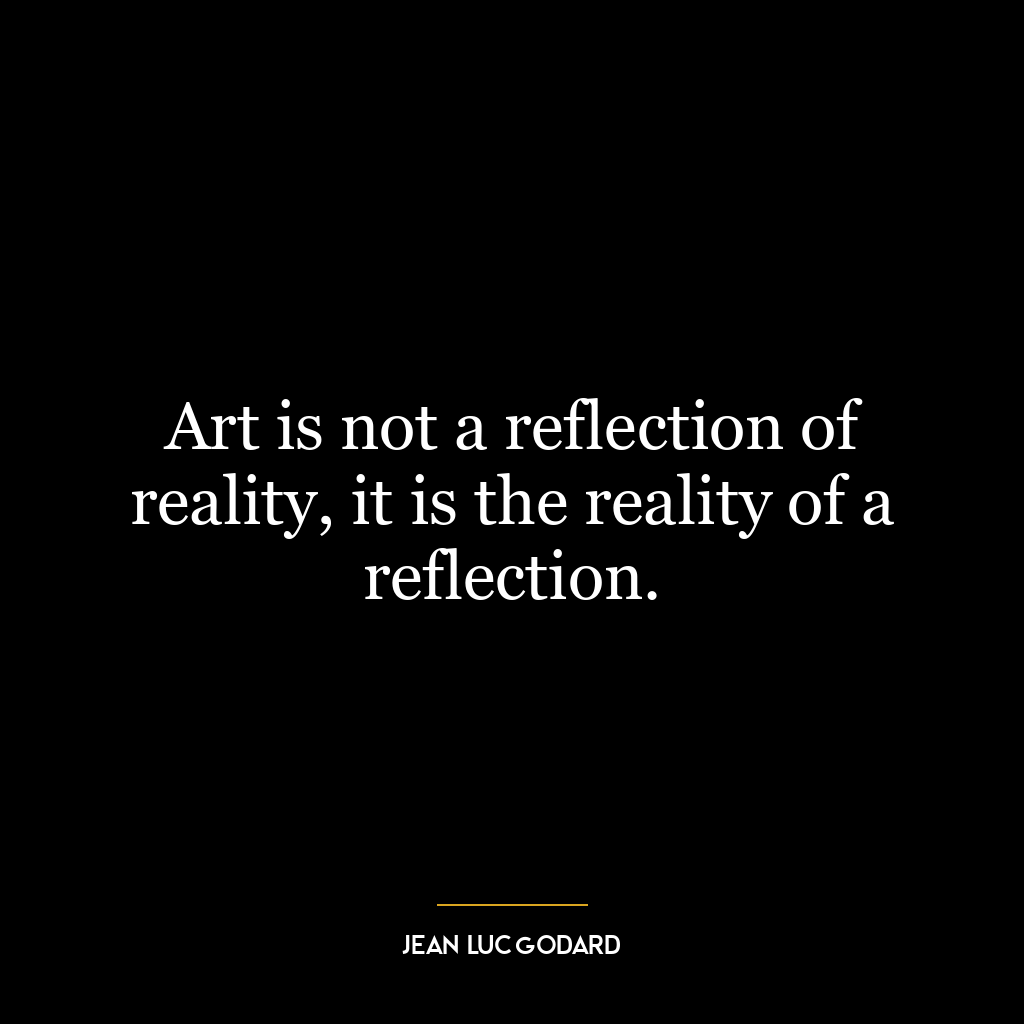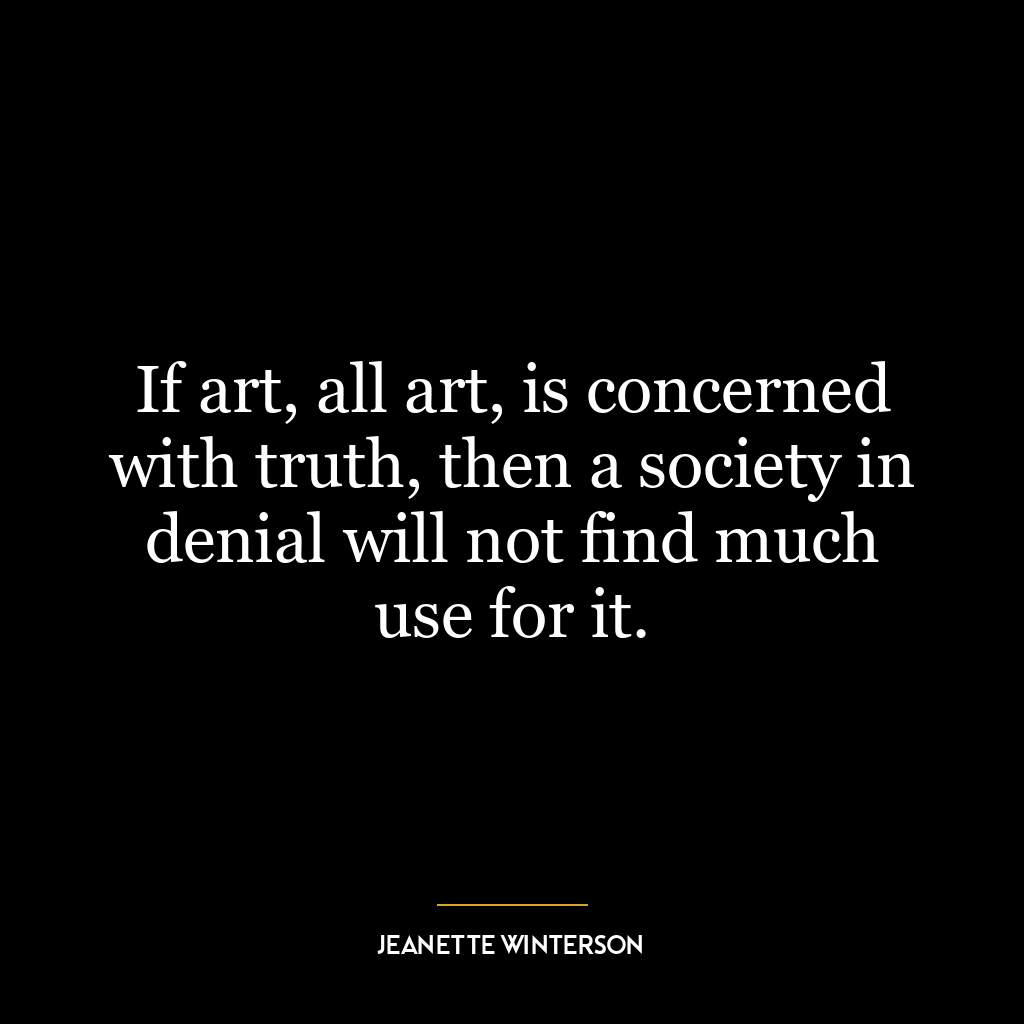If facts conflict with a theory, either the theory must be changed or the facts.
This quote highlights the inherent tension between theories, which are constructs of thought and understanding, and facts, which are observable and verifiable realities. If a theory, or a pre-existing belief or understanding, contradicts with factual evidence, one of two things must happen: the theory must be adjusted to accommodate the new facts, or the facts must be dismissed or reinterpreted to fit the existing theory.
In essence, Spinoza is emphasizing the importance of flexibility and adaptability in our thinking. It’s about being open-minded enough to change our theories, our beliefs or our perspectives when they’re confronted with facts that contradict them. This idea is critical to the scientific method, where theories are constantly tested against empirical evidence and modified as needed.
In today’s world, this concept is more relevant than ever. In the era of information overload, we are constantly bombarded with new facts and data. As such, it’s crucial that we remain open and willing to adjust our theories and beliefs to accommodate this new information. This isn’t just applicable to scientific or academic theories, but to personal beliefs and worldviews as well.
In terms of personal development, this idea encourages us to be open-minded and flexible in our thinking. It suggests that we should always be willing to challenge our own beliefs and assumptions, and to change them if necessary. It’s about being humble enough to admit when we’re wrong, and wise enough to learn from our mistakes. It’s about continually growing and evolving as individuals, rather than stubbornly clinging to outdated or incorrect beliefs.
In conclusion, Spinoza’s quote serves as a powerful reminder of the importance of adaptability, open-mindedness, and continual learning in our lives. It encourages us to always be willing to change our theories, our beliefs, and our perspectives in the face of new facts and evidence.











